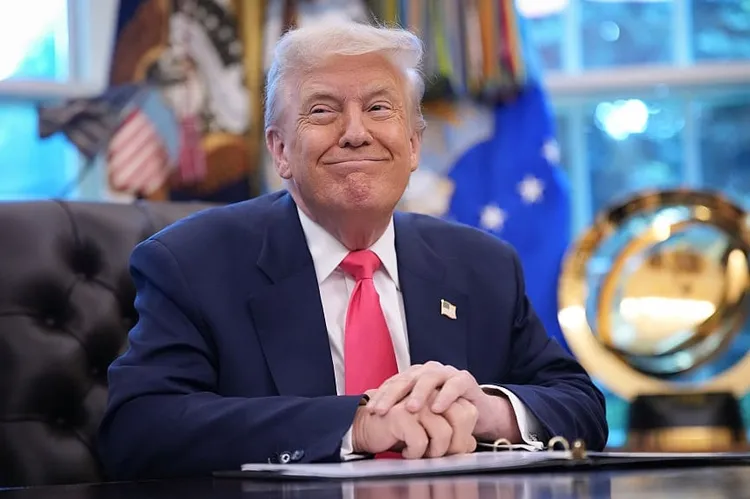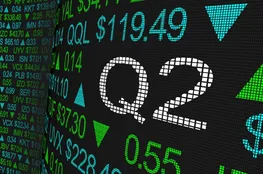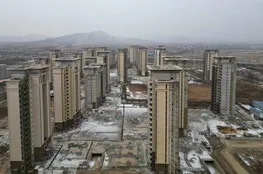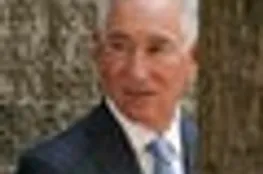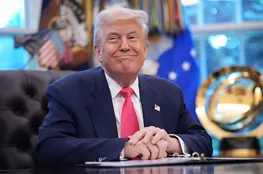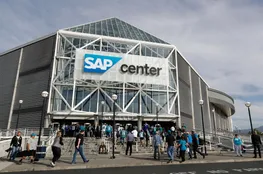The revelation that the Trump family is reaping unprecedented financial rewards during his second term has ignited a fierce debate about ethics and potential conflicts of interest. Journalist David Kirkpatrick’s explosive report, detailed in a recent MSNBC interview, reveals a staggering financial windfall – estimated at over $3.4 billion – fueled by a relentless pursuit of lucrative deals and investments that would likely never have materialized without the prestige and influence of the presidency. Kirkpatrick meticulously documented a series of transactions, including a new Trump Tower in Jeddah, Saudi Arabia, a luxury golf course in Qatar within a $5.5 billion development project, and a $1 billion Trump hotel and residence in Dubai. Beyond these flagship projects, the Trump family's financial activity extends to significant cryptocurrency investments, now rivaling their established real estate portfolio, a private members-only club called The Executive Branch in Washington, D.C., venture capital investments, and a range of Trump-branded memorabilia and souvenirs. Adding to the complexity, the Qatari royal family gifted Trump a luxury Boeing 747-8, further highlighting the extent of the family’s access and influence. Kirkpatrick acknowledged including the family’s Bitcoin holdings, emphasizing the critical role of Trump Media and Technology Group, which owns the Truth Social platform. He explained that the company’s stock trades at an irrational price, acting as a barometer of Trump supporters’ sentiment, and that the president’s ownership (42%) prevents any sale due to the stock’s potential collapse. This has allowed the team to strategically swap the inflated stock for approximately $3 billion in cash and Bitcoin, resulting in a $1 billion influx over the past two months. This unprecedented financial activity stands in stark contrast to Trump’s initial promises at the beginning of his first term – vows to avoid any perception of exploiting the presidency for personal gain. As Kirkpatrick noted, Trump himself had stated that a foreign government considering doing business with the Trump Organization would recognize the family’s eagerness for money and believe there was an ‘OK chance’ of success.
The White House, through press secretary Karoline Leavitt, dismissed the allegations as ‘irresponsible attempts to fabricate conflicts of interest,’ asserting that neither the President nor his family have engaged, or will ever engage, in such activities. Eric Trump further defended his family, stating, ‘If there’s one family that hasn’t profited off politics, it’s the Trump family.’
This unprecedented financial activity stands in stark contrast to Trump’s initial promises at the beginning of his first term – vows to avoid any perception of exploiting the presidency for personal gain. As Kirkpatrick noted, Trump himself had stated that a foreign government considering doing business with the Trump Organization would recognize the family’s eagerness for money and believe there was an ‘OK chance’ of success. The White House, through press secretary Karoline Leavitt, dismissed the allegations as ‘irresponsible attempts to fabricate conflicts of interest,’ asserting that neither the President nor his family have engaged, or will ever engage, in such activities. Eric Trump further defended his family, stating, ‘If there’s one family that hasn’t profited off politics, it’s the Trump family.’
The situation underscores a critical question: How does a sitting president’s business dealings impact the integrity of the office and the public’s trust in government? The scale and nature of the Trump family’s financial ventures, coupled with their seemingly deliberate pursuit of profit while in power, demand careful scrutiny and raise serious ethical concerns. The interconnectedness of global business, political influence, and personal wealth presented by this case represents a complex and potentially destabilizng dynamic within the modern political landscape. Further investigation into the specific terms of these deals, the motivations behind them, and the potential ramifications for national security and international relations is crucial. The ongoing saga highlights the vulnerability of democratic institutions to undue influence and the importance of robust oversight mechanisms to safeguard against corruption and abuse of power. The story is not just about money; it’s about the fundamental principles of leadership, accountability, and the public trust – principles that are currently under intense pressure.

